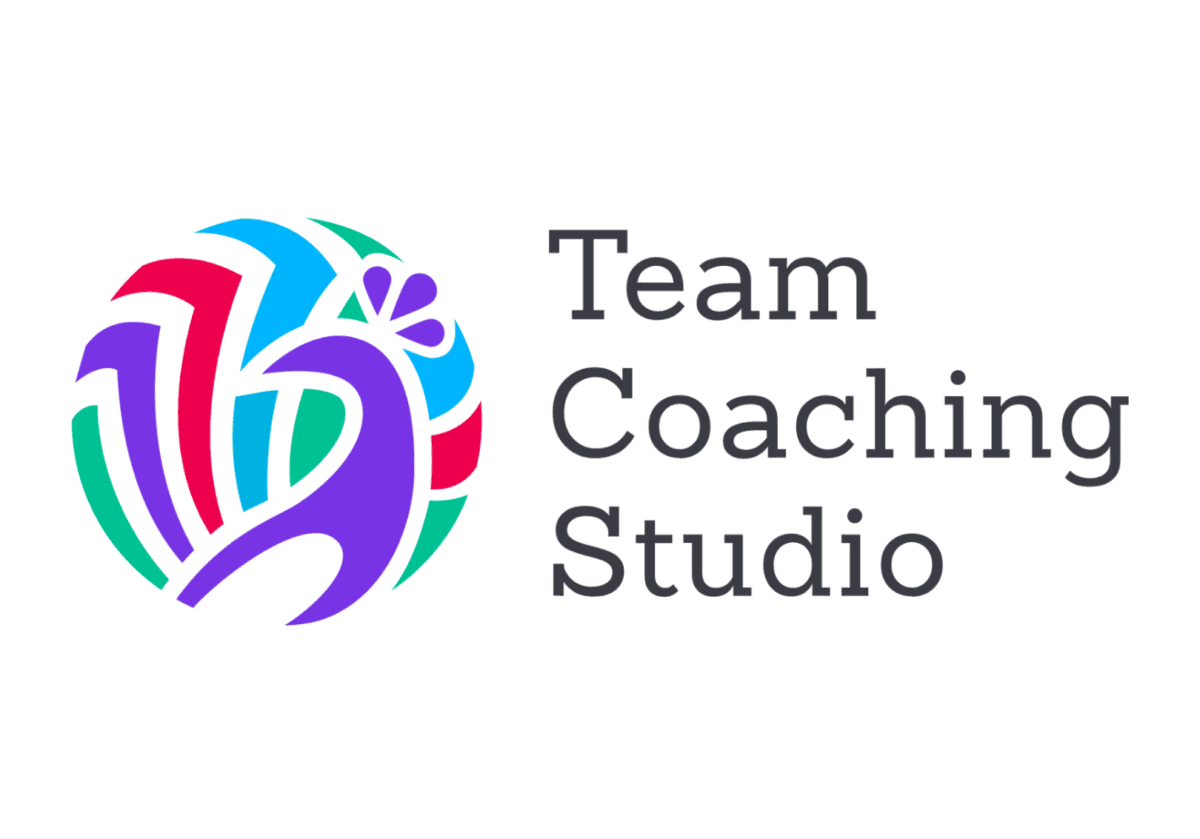The Call to Something More
Many coaches reach a tipping point. They’ve spent years working one-to-one, helping leaders navigate complexity, make decisions, and grow into the best of themselves. It’s deeply satisfying work. And yet, again and again, the same patterns show up in those coaching conversations.
Relationships. A tricky direct report, an ambitious peer, a boss who’s hard to read, or a team that just can’t seem to pull together. At some point, many coaches find themselves thinking: “We’re trying to solve this by looking through a single lens. How much more powerful would it be if all the people involved were together, in the room, awake to what needs to change, and willing to play their part?”
That thought becomes a quiet invitation. For some, it’s simply curiosity. For others, a deeper pull to create more systemic impact. And for many, it’s also practical; a chance to scale their work, stay relevant, and meet growing organizational demand.
Whatever the reason, it often marks the beginning of a journey into team coaching. A journey that, in my experience, is more disorienting than most expect.
When Models and Methods Fall Short
When I first started working with teams, I did what everyone else seemed to be doing. I designed engaging workshops, filled the hours with models like Myers-Briggs or the latest team frameworks, and helped them draft neat charters and values statements.
The feedback was usually positive. People said it was enjoyable, useful even. But any insights seemed to evaporate as quickly as they were gained. A few days later, nothing had truly changed.
Underneath, I felt a growing unease. I’d become skilled at creating slick sessions, but it all stayed on the surface. I remember sitting in yet another team day, watching people nod along, fill out their profiles, and agree to a tidy set of commitments. Even as we wrote them up, I knew they’d be forgotten within days.
That was not why I became a coach. I longed to make a real difference, to do the kind of work that left people changed, not just entertained.
A Deeper Realization
The real turning point came when I saw how I had set things up. The team was sitting there passively, looking at me to entertain them, as if I were running a show. And I was playing right into it, meticulously planning content, clinging to structure because it made me feel prepared.
Yet in one-to-one coaching, we never work like that. We follow the client’s agenda, trust what emerges, and know the value lies in the quality of the relationship and the depth of the conversation.
That’s when it hit me. In team coaching, it’s not about my relationship with the team, or how clever my design is. It’s about the quality of the conversations they have with each other, and the strength of their relationships. That’s the heart of the work.
Real transformation doesn’t come from frameworks or clever exercises. It comes from helping people see themselves and each other more clearly, in real time, and supporting them to navigate what stands in the way of doing great work together.
That was a profound shift. It meant letting go of control, trusting that if we stayed with what was alive in the moment, what needed to emerge would. It meant putting aside my need to look competent and instead building a strong enough container for the team to do the hard, human work they needed to do.
The Inner Work First
What distinguishes transformative team coaching isn’t the toolkit. It’s YOU.
Your way of being is the first intervention. That means working on yourself isn’t optional, it’s the cornerstone.
Most coaches focus on horizontal development: gaining knowledge, acquiring tools, building competence. Important, yes. But true mastery lies in vertical development: expanding our mental, emotional, and relational range. Growing the inner capacity to meet complexity, ambiguity, and relational tension without flinching.
This work is vertical by nature. It asks us to hold space, track the field, stay with discomfort, and invite awareness.
In a world that privileges content over connection, that is radical. It’s not about teaching teams a model of trust. It’s about helping them notice where trust is breaking down, what’s being avoided, and what might be possible if they stayed in contact. That doesn’t come from slides. It comes from presence.
Guiding Teams to See Themselves
At its heart, team coaching is not about solving problems. It’s about raising awareness. Not pointing out gaps, but helping the system see itself. From there, new possibilities can be co-created.
We don’t fix teams. We steward emergence. We don’t drive outcomes. We help teams build their own capacity for sense-making, relating, and aligning. We do this in the here and now, not in theory.
As coaches, our job is not to transfer knowledge. It’s to transform awareness. That’s what makes it coaching, not consulting.
I once worked with a team deeply stuck in conflict. Cliques had formed, competing for resources, turning into tribes, and the tension had spread beyond the team to whole departments. During our first day together, we created a space where they could slow down, connect, and truly listen. There were raised voices, tears, and things expressed that had never been spoken. By the end, one team member called me a magician. What actually happened was simple: we held the space long enough for the team to face themselves.
Your Own Transformation
This way of working has changed me profoundly, and it will change you too.
I am more present, more courageous, and more willing to trust the process. I no longer feel the need to control what happens or cling to content. I’ve learned to let go of the idea that my job is to have all the answers.
You’ll find the same. As you develop your capacity to hold space rather than drive outcomes, the work becomes more alive, more fulfilling. You’ll start to show up differently — more attuned to what’s truly needed in the moment, more able to trust that if you stay with what’s emerging, the right work will unfold.
My world looks different too. I receive an abundance of requests to coach teams and can choose to work where I know I can make the biggest impact. Many clients come back wanting more, eager to cascade this kind of work to other teams in their organization. In some global companies, what began with one team in one region has grown across regions and divisions.
The demand has grown beyond what I can meet alone, which led me to create Team Coaching Studio — a space where coaches are supported in their journey to build the presence, confidence, and systemic awareness they need to conduct transformative work with teams.
If you feel drawn to team coaching, don’t just collect tools. Tune into your deeper call. Ask not only, “What should I do?” but also, “Who do I need to become?”
Imagine what could open up for you.
Teams don’t change because we deliver a perfect plan. They change when we create the conditions for something new to emerge.
“Try not to resist the changes that come your way. Instead, let life live through you.” — Rumi
Disclaimer
The views and opinions expressed in guest posts featured on this blog are those of the author and do not necessarily reflect the opinions and views of the International Coach Federation (ICF). The publication of a guest post on the ICF Blog does not equate to an ICF endorsement or guarantee of the products or services provided by the author.
Additionally, for the purpose of full disclosure and as a disclaimer of liability, this content was possibly generated using the assistance of an AI program. Its contents, either in whole or in part, have been reviewed and revised by a human. Nevertheless, the reader/user is responsible for verifying the information presented and should not rely upon this article or post as providing any specific professional advice or counsel. Its contents are provided “as is,” and ICF makes no representations or warranties as to its accuracy or completeness and to the fullest extent permitted by applicable law specifically disclaims any and all liability for any damages or injuries resulting from use of or reliance thereupon.
Authors
Sponsors
Post Type
Blog
Audience Type
Experienced Coaches, External Coaches, Internal Coaches, Professional Coaches, Team and Group Coaches
Topic
Business Development
Related Posts
How to Use LinkedIn to Establish Thought Leadership
LinkedIn offers coaches a powerful opportunity to attract new clients, establish thought leadership, and grow…
The Executive Coaching Blueprint: Positioning, Pricing, and Performance
Transitioning from corporate to coach can feel like uncharted territory for many…








